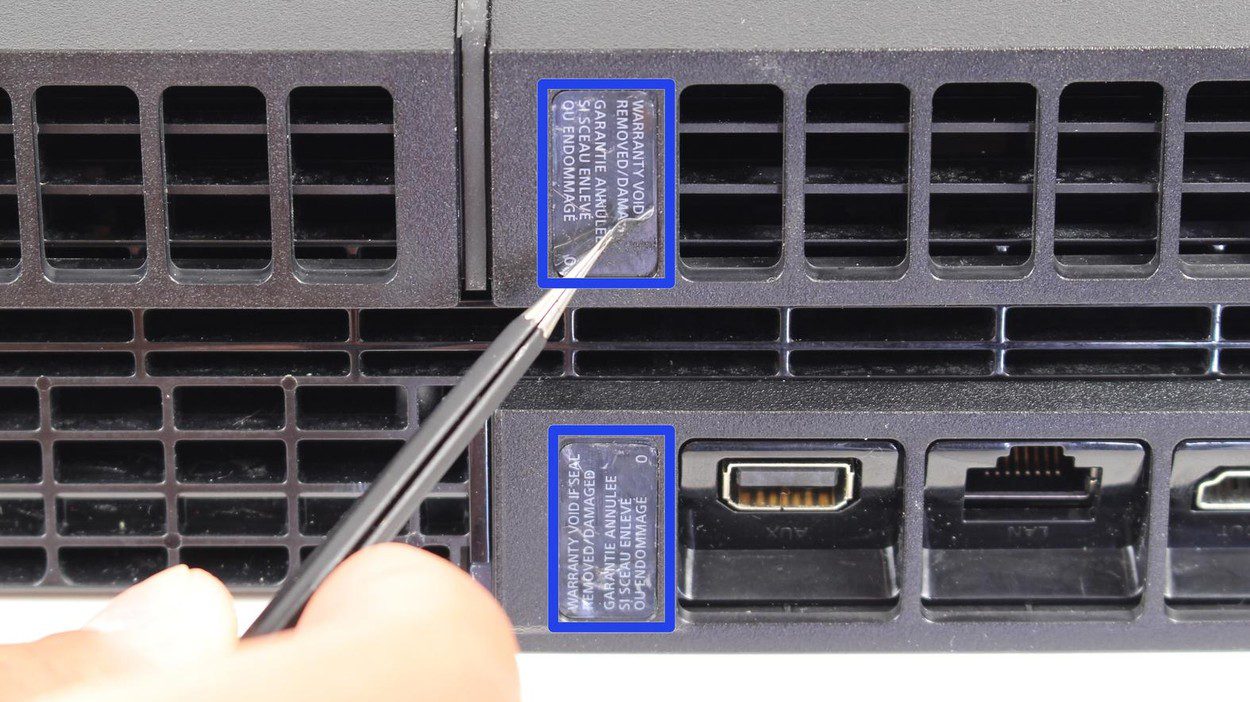Tells manufacturers that they’re breaking the law with them.
So, yo know those stickers that warn you that tampering in any way with your device voids your warranty? Well, much like mattress tags, for you the consumer at least, they’re a load of shit. It’st actually illegal to tell you that trying to fix your own device voids your warranty. And the FTC is putting a few companies on warning for it.
The Federal Trade Commission has sent warning letters to six companies engaging the practice. There aren’t any names, but according to the FTC, they run the gamut from makers and sellers of automobiles, cellular devices, and even video game systems.
The letters warn that FTC staff has concerns about the companies’ statements that consumers must use specified parts or service providers to keep their warranties intact. Unless warrantors provide the parts or services for free or receive a waiver from the FTC, such statements generally are prohibited by the Magnuson-Moss Warranty Act, a law that governs consumer product warranties. Similarly, such statements may be deceptive under the FTC Act.
Each company used different language, but here are examples of questionable provisions:
- The use of [company name] parts is required to keep your . . . manufacturer’s warranties and any extended warranties intact.
- This warranty shall not apply if this product . . . is used with products not sold or licensed by [company name].
- This warranty does not apply if this product . . . has had the warranty seal on the [product] altered, defaced, or removed.
“Provisions that tie warranty coverage to the use of particular products or services harm both consumers who pay more for them as well as the small businesses who offer competing products and services,” said Thomas B. Pahl, Acting Director of the FTC’s Bureau of Consumer Protection.
FTC staff has requested that each company review its promotional and warranty materials to ensure that such materials do not state or imply that warranty coverage is conditioned on the use of specific parts of services. In addition, FTC staff requests that each company revise its practices to comply with the law. The letters state that FTC staff will review the companies’ websites after 30 days and that failure to correct any potential violations may result in law enforcement action.
Needless to say, you can probably guess some of the companies in violation (*coughcoughSonyMicrosoftcoughcough*). And while Apple doesn’t employ such methods, they employ different methods of fucking you out of a repair thanks to their Genius Bar. Regardless, we’re going to see far fewer of these stickers soon enough; having a case reach the Federeal level is never a good thing.

